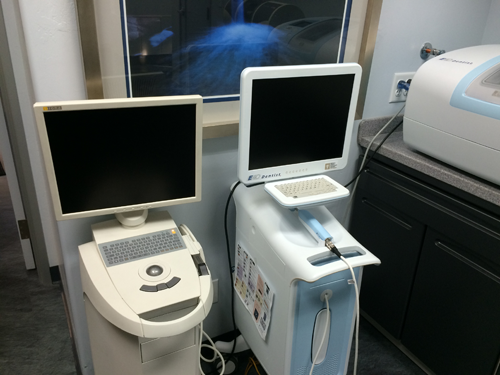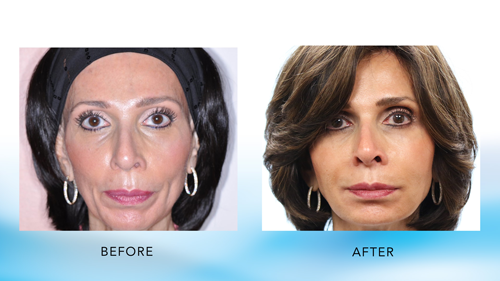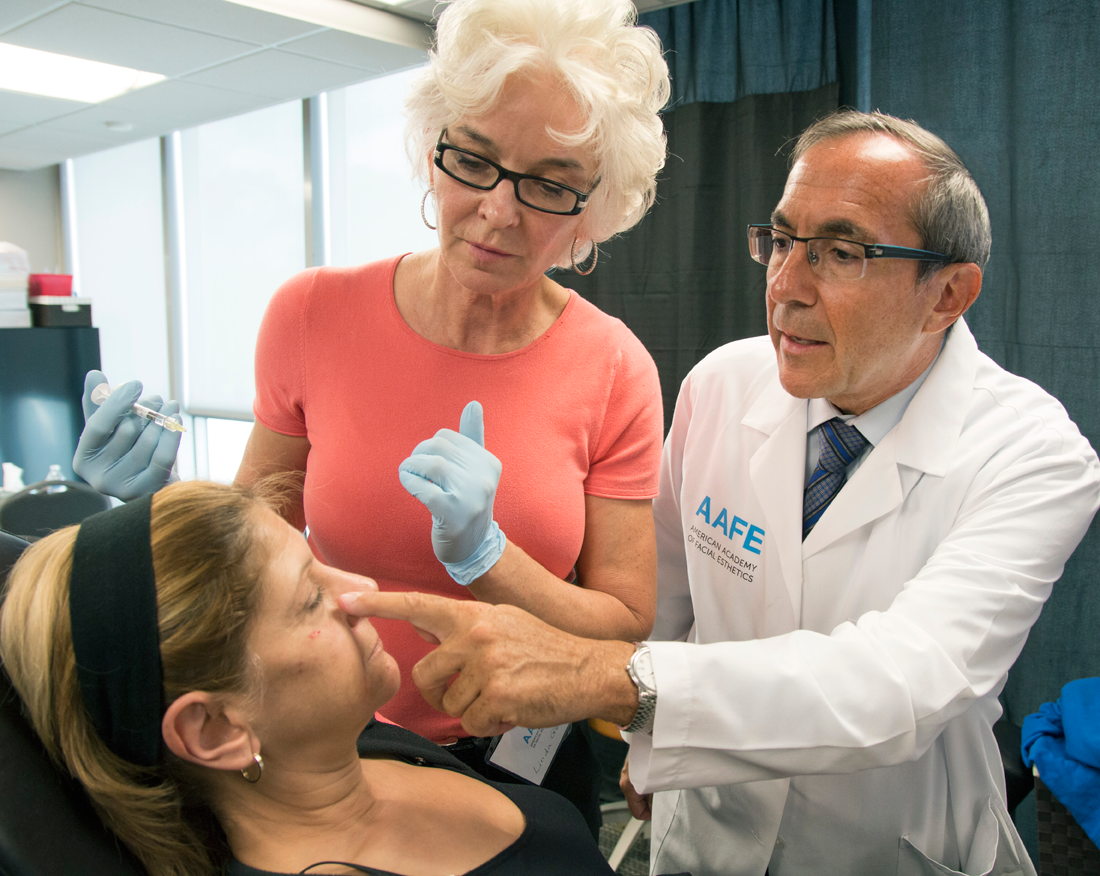How to make the right technology choices
Choosing the right technology can give your practice a big boost.

Look at all the incredible technology choices that we now have in dentistry which we have never had before. When I was starting dental practice nearly 40 years ago, I could build out two dental offices for the price of one piece of high-end technology. More importantly, technology will keep evolving and we are going to have some incredible dental technology advances in the very near future.
CAD/CAM technology with E4D and CEREC; is it right for your practice?

The same is equally true when it comes to new dental services that you can offer your patients. When I started dental practice, we had amalgam, gold foil and silver points, which were being eclipsed by new “technology” of dental materials in the form of tooth-colored composite resin and gutta percha. Today, dentists can now use botulinum toxin (Botox/Xeomin) and dermal fillers (Juvederm/Restylane) which have helped transform dentistry with better esthetic and therapeutic outcomes than ever before. Dentistry has expanded into an incredibly important role in sleep medicine that literally saves patient’s lives. We finally have predictable, simple step-by-step protocols for treating TMJ and orofacial pain patients which account for one out of every six patients that walk into your office.
Trending article: The huge technology mistake that could cripple your dental practice
The bottom line is there has been an amazing explosion of technology-based and skills-based ways to expand your office and give patients better treatment than ever before.
The challenge for every general dentist and dental specialist is, with so many excellent technology choices, where does a dentist start? How do we make the right choices for our individual practices? How do I know what will work for my patients? What are the smart choices in dental technology that can propel my practice to higher productivity while giving my patients better treatment outcomes? What are the wrong choices that may put my practice at financial risk?
Skills-based therapy such as Botox and dermal fillers create better therapeutic outcomes.

I get this question all the time; with so many new services that dentists can now provide in dental esthetics, facial esthetics, orofacial pain treatment, bruxism and dental sleep medicine therapy, and dental implants, where should a dentist start? Dentists need a plan on how to add new services to their practice so that they can create a foundation on which to integrate these new services with comprehensive dental treatment which is now offered in the office. Finally, it is important to know what the initial and return on investment (ROI) of these different new services so we can make this affordable for the practice while being able to start using these skills so they can begin to pay for themselves and future investments.
Make no mistake about one thing: These decisions apply to dentists of all ages, no matter if you are just starting out in private dental practice or you are going to transition and retire in the next one-to-10 years. If you are a young dentist, then you will build your practice on technology and skills that you will have for the rest of your career. If you are an older dentist, you will want to add as much value and production to your practice as soon as possible so that you will be able to transition it successfully and secure your retirement.
What is important to know from the outset is there are no good or bad technology- or skills-based choices. The determining factor for every choice you will make will come down to only one thing – you. The services your office provides now, the kind of office you want to have and the kind of clinical care that you want to provide through technology or skill based choices only depends on you and your long-term goals for your professional career.
Trending article: The future of indirect composite restorations
AAFE president Dr. Louis Malcmacher helps an attendee at a live patient training course.

To get started and to greatly simplify the decision-making process, I want you to begin thinking about technology and skills based choices and put them in one of two categories: integrative and non-integrative.
Integrative technology/skills are those in which you do not have to change your office or change the way that you practice dentistry after you have been trained in the technology or skill.
Non-integrative technology/skills are those in which you will need to reconfigure your office in one or all these areas - work flow, scheduling, treatment space, clinical technique or employee responsibilities.
Let me be clear that these terms do not mean one type is better or worse than the other. Integrative and non-integrative technology can be great; it will depend on you.
Looking at technology and new procedures in this way helped our practice over the last 30 years get the most out of dental technology and skills, raise our production, and lower our overhead to under 50 percent. Once you learn how to properly choose technology and new procedure choices, your practice will run much more efficiently, your front office will be freed up to really engage patients while they are right in front of you and your office will live happily ever after.